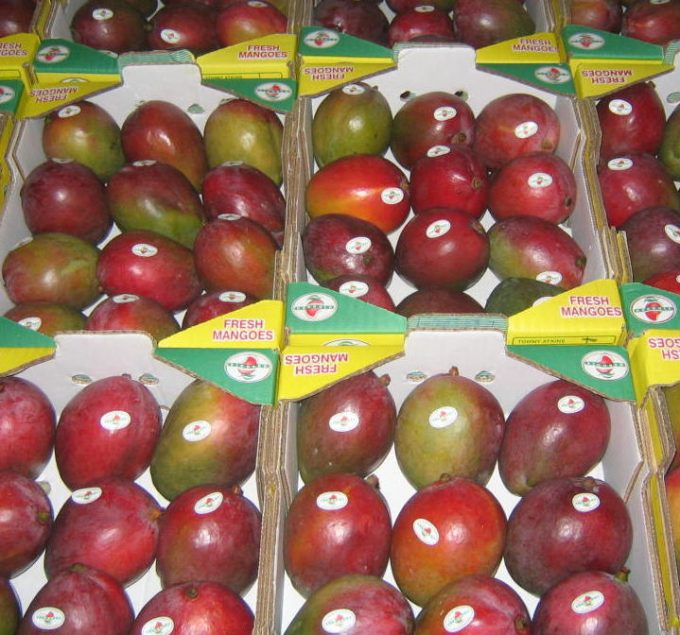The 'king of all fruits' under threat from air cargo capacity crunch
As fresh Indian mangoes begin rolling into the market, traditional fruit exporters and freight forwarders ...

Amazon has been taken to court by a Guatemalan mango producer claiming it sold hundreds of thousands of boxes of the fruit in the US at far below market prices due to storing the goods for too long.
According to documents filed with a district court in New Jersey, mango grower Menuiserie agreed to ship 500,000 boxes of Tommy Adkins mangoes to Amazon’s Philadelphia and Los Angeles warehouses in January 2014. It claims it then lost hundreds of thousands of dollars in ...
New senior management for DSV as it readies for DB Schenker takeover
Volumes set to 'fall off a cliff' as US firms hit the brakes on sourcing and bookings
Amazon pushes into LTL for small package fulfilment and UPS does a u-turn
Asian exporters scramble for ships and boxes to beat 90-day tariff pause
Temporary tariff relief brings on early transpacific peak season
'Tariff madness' will prompt renegotiation of ocean shipping contracts
Forwarders 'allowing the fox into the chicken run' by supporting 'hungry' carriers
Hongkong Post suspends services to 'unreasonable' and 'bullying' US

Comment on this article